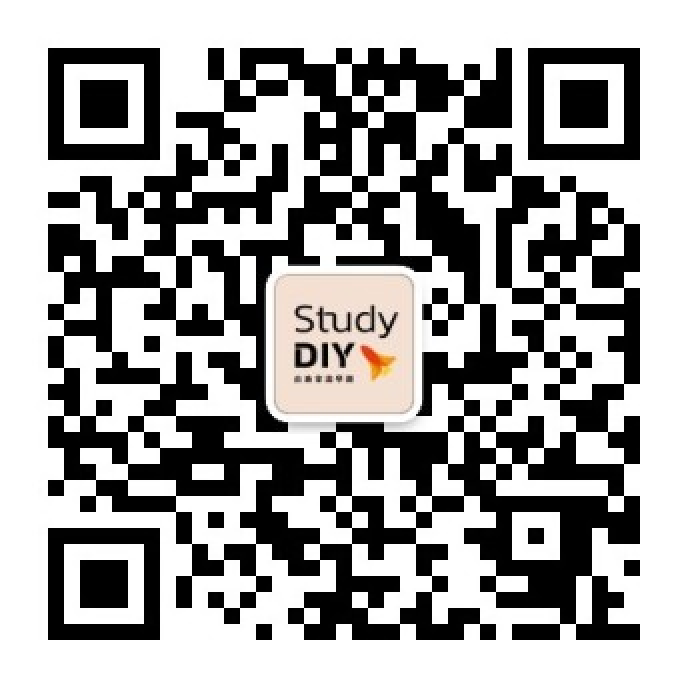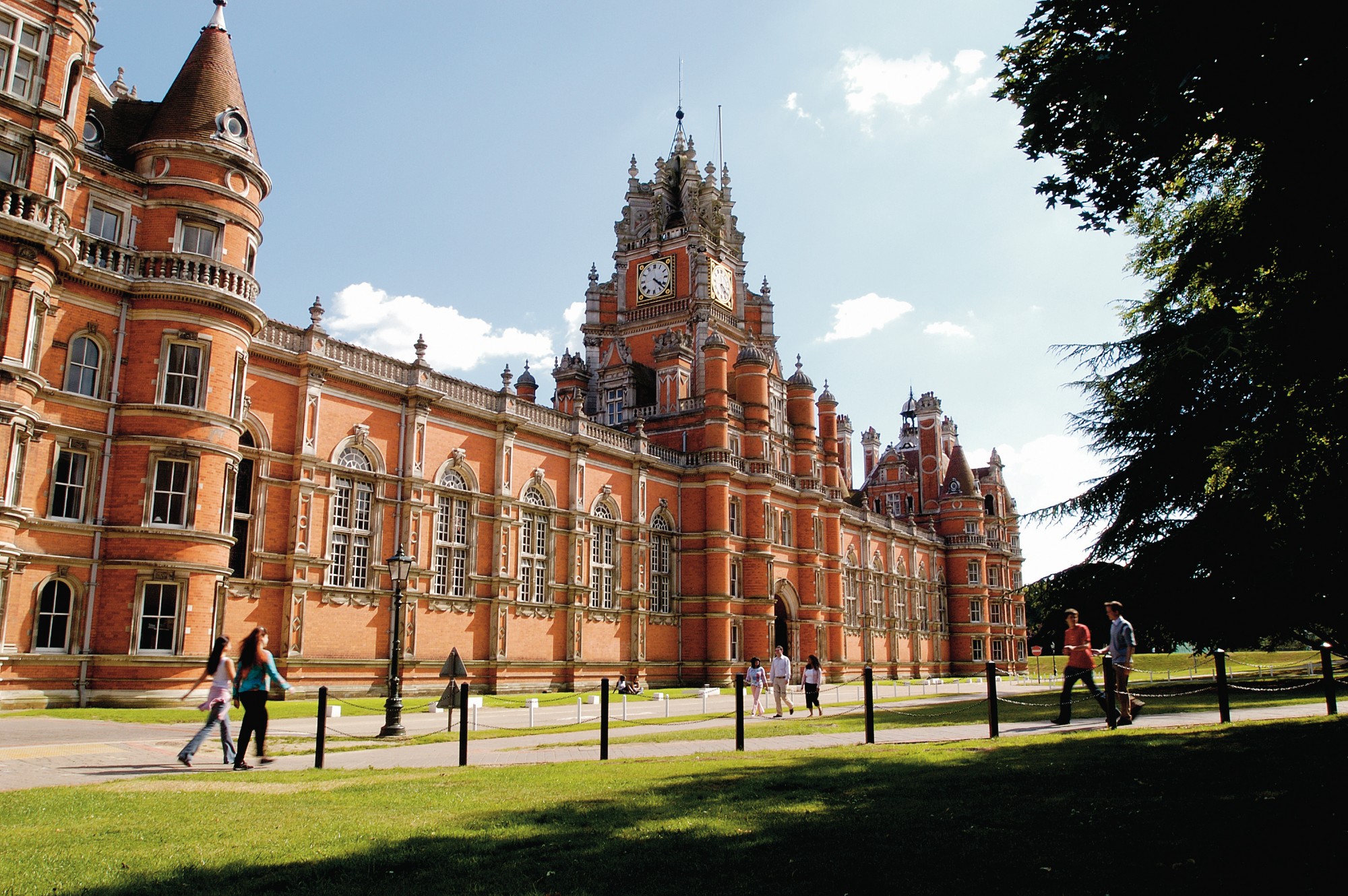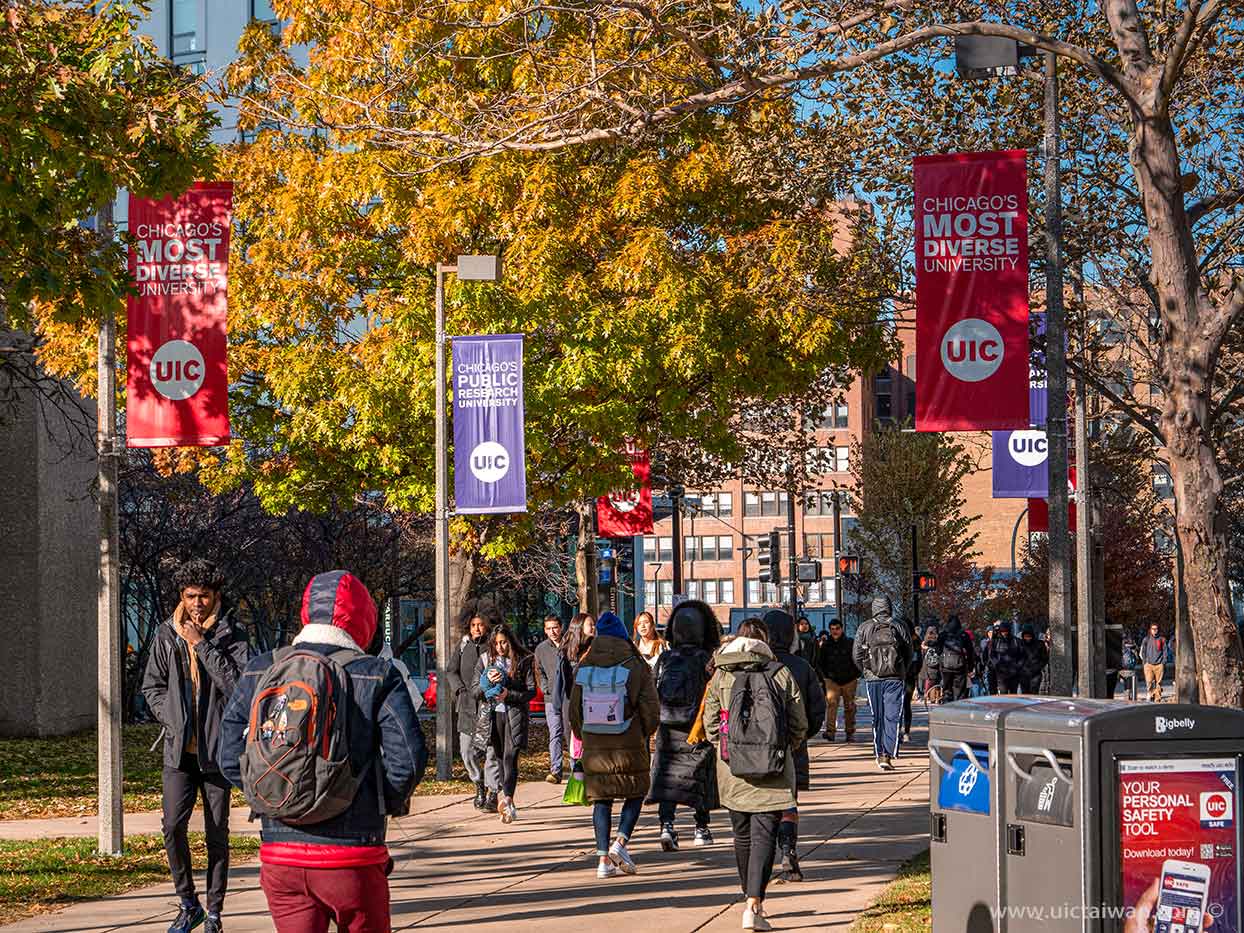The U.S. education system is renowned for its emphasis on freedom and self-discipline in learning. The diverse educational structure allows every student to find the appropriate path for their academic journey, making it the top choice for students from various countries pursuing overseas studies.
The U.S. education system is divided into four stages: Preschool Education, Elementary Education, Secondary Education, and Higher Education. Compulsory education includes Elementary Education and Secondary Education, covering Kindergarten to 12th grade, commonly referred to as K-12. K-12 compulsory education is mostly free of charge (except for private schools), but students are required to pay for miscellaneous expenses such as lunch, school buses, stationery, and textbooks. In some cases, schools may also ask parents for donations to maintain the quality of education.
Preschool Education
Preschool education in the U.S. is equivalent to kindergarten education in Taiwan, offering learning for children aged 0-4 years old. Since it is voluntary rather than compulsory, students are required to pay tuition. Many daycare centers or preschools market themselves as offering "elite education" or "early planning," encouraging parents to invest in high tuition fees in preparation for Ivy League entry. Some well-regarded daycares or preschools even require early registration and waiting lists.
Compulsory Education (Elementary and Secondary Education)
In the U.S., compulsory education is governed by local authorities, and there is no unified national education system. Public education institutions raise funds through local taxes, providing near-free education for local students, which is quite different from Taiwan's national education system with fees for education.
Elementary Education
Elementary education in the U.S. covers Kindergarten through 5th grade, a total of six years, which is equivalent to elementary school grades 1-6 in Taiwan. The starting age for school varies between 5 and 7 years, depending on state regulations. Most elementary schools follow a class system, with a class teacher assigned to each class. Except for some special extracurricular subjects (such as arts or music), students spend most of their time in their own classrooms. Classes usually run from 8:00 AM to 1:00 or 2:00 PM, and after-school programs are often offered until 5:00 or 6:00 PM to accommodate parents' work schedules.
Secondary Education
Secondary education includes Middle School (Junior High School) from grades 6-8 and High School from grades 9-12. U.S. middle schools can be either public or private, with more than 80% of families opting to send their children to public schools. Additionally, unlike Taiwan, the U.S. does not have a unified national exam system for assigning high school placements based on scores. If a student wants to attend a private high school, they must apply and take entrance exams beginning in the 8th grade. For public high schools, students simply attend the one within their district and register in advance.
In the 11th grade, high school students begin preparing for college applications. In addition to preparing for the SAT/ACT exams, they need to dedicate time to writing essays for college applications and compiling their extracurricular activities over the past three years. Although 12th-grade coursework is not part of the admission requirements, some universities may ask for the final transcript after graduation and retain the right to withdraw the admission offer. Therefore, even after being accepted into a desired school, high school students should not neglect their 12th-grade coursework, as failing to graduate or being rescinded from admission can happen.
Home Schooling
In Taiwan, homeschooling is often considered a special case, but in the United States, homeschooling has been popular for many years, and there are many resources available to homeschoolers, such as the annual Midwest Homeschool Convention, the California Homeschool Network, and various materials designed for homeschoolers. For Americans, homeschooling is just another option for education and does not pose a significant obstacle to transitioning to higher education. University admissions websites also provide application requirements specifically tailored to homeschoolers.
Higher Education
American higher education is world-renowned, with the largest and highest standards of education globally. In the QS World University Rankings, the United States occupies five of the top ten spots. The diverse culture, top-tier faculty, abundant research resources, and generous scholarships make the U.S. a highly sought-after destination for international students.
Bachelor's Degree
Unlike Taiwan's test-based allocation system, American universities adopt independent admissions, and even the SAT/ACT, often referred to as the "American exam," is not required by all schools. Instead, universities place more emphasis on application essays and extracurricular activities, highlighting the unique personal qualities of applicants, which embodies the "American Dream" that everyone has an opportunity to succeed.
A bachelor's degree in the U.S. can be obtained through various paths. Students do not necessarily have to attend a traditional university and can choose the most suitable path based on their conditions and needs:
Four-Year University (University or College)
American four-year universities have a structure similar to Taiwan's. Freshman, Sophomore, Junior, and Senior correspond to the first through fourth years. After completing the required credits over four years, students can obtain a corresponding bachelor's degree.
A key feature of American four-year universities is that most freshmen do not need to decide on their major immediately. Instead, American universities encourage students to take general education courses during their first and second years and select specialized subjects based on their interests. By the time they transition from sophomore to junior year, students can choose an appropriate major based on the credits they have earned. Therefore, for students with clear career goals, it is advisable to review the major requirements of the target department to understand the necessary credits and facilitate the smooth completion of their degree.
American universities also have public and private institutions. Public universities are typically governed by state governments and funded mainly by public agencies, usually on a larger scale than private universities. Private universities, on the other hand, are funded through donations, investments, and student tuition. In terms of reputation, most private universities in the U.S. are more prestigious than public ones. The famous Ivy League is composed of private universities.
Community College
Community colleges offer two-year associate degree programs. After completing their studies, students can apply to transfer to a four-year university or graduate with an associate degree. There are two main pathways for students at community colleges: academic-oriented programs and employment-oriented vocational courses, which help students directly enter the workforce after graduation.
Community colleges usually have lower application requirements and offer ESL programs to help students with insufficient English proficiency improve their academic English. Additionally, some states have transfer agreements between community colleges and state universities, such as California's TAG or Washington state's DTA, which has led to an increasing number of international students choosing community colleges as a bridge to further education.
Liberal Arts College
Liberal arts colleges play an important role in American higher education. They aim to provide a comprehensive education focused primarily on bachelor's degrees, with only a few offering master's degrees. The "Arts" in liberal arts represents the cultivation of soft skills and cultural thinking, offering an education that focuses on cultural development rather than specific job skills. The goal is to shape students into well-rounded cultural talents with high levels of literacy.
Liberal arts colleges are typically small and elite, and many of them have a reputation comparable to Ivy League schools, making them a top choice for the children of prestigious families.
Institute of Technology or Polytechnic Institutes
Institutes of technology in the United States are similar to Taiwan's technological universities. They focus on academic research in STEM fields, offering programs in natural sciences, technology, engineering, and mathematics. Some schools also offer business management courses, aiming to cultivate management talent for the technology and engineering industries.
Master's Degree
After completing a bachelor's degree, most American students directly enter the workforce, with a small number opting to continue their studies and pursue a master's or doctoral degree. A master's degree provides more in-depth education than a bachelor's degree and is generally seen as an extension of the bachelor's degree. However, in the U.S., some professional fields, such as law and medicine, require a bachelor's degree before applying to graduate programs.
Master's degrees can be broadly divided into academic and professional types, with students able to choose the corresponding degree based on their career plans:
Academic Master’s
The Academic Master’s degree focuses on research and theory. The curriculum gradually builds students' knowledge of the field while also training their academic research skills. The courses often include literature review, research design, and thesis writing guidance, making it ideal for students who aim to pursue doctoral studies in the future. Common academic master’s degrees include Master of Arts (MA) and Master of Science (MS).
Professional Master’s
The Professional Master’s degree is designed to equip students with workplace-ready skills. The curriculum typically includes seminars, workshops, or field visits, and the graduation requirement often focuses on projects rather than a thesis. The goal is to ensure that students are ready for employment immediately after graduation, emphasizing hands-on experience over theoretical learning. Due to its career-oriented nature, applicants for professional master’s programs are often evaluated based on their past work experience and potential. Students applying for such programs should pay extra attention to their CVs.
Doctoral
The purpose of a doctoral degree is to cultivate scholars and university faculty. During the doctoral phase, schools place more emphasis on students' academic development. In addition, not all doctoral programs in the United States require a master’s degree for admission. Students interested in deepening their academic pursuits can participate in research projects or work as research assistants during their undergraduate years to demonstrate their passion and abilities for academic research.
Would you like to learn more about the U.S. educational system? Schedule a consultation now to find out more!
Taipei|11F, No. 2, Sec. 4, Zhongxiao E. Rd., Taipei City|T:02-6617-2222
Hsinchu|5F, No. 77, Dongmen St., Hsinchu City|T: 03-610-6222
Taichung|16F, No. 360, Sec. 2, Taiwan Blvd., Taichung City|T:04-3609-9222
Tainan|6F, No. 76-10, Sec. 2, Minzu Rd., Tainan City|T:06-6020-222
Kaohsiung|2F, No. 283, Zhongshan 1st Rd., Kaohsiung City|T:07-963-3222



 Study Abroad in Different Countries
Study Abroad in Different Countries Popular Majors
Popular Majors Application Process
Application Process Study abroad exam
Study abroad exam Visa Application
Visa Application Study Abroad Life
Study Abroad Life








 Study in the USA
Study in the USA Study in Australia
Study in Australia Study in the UK
Study in the UK Study in the Netherlands/Ireland
Study in the Netherlands/Ireland Study in Canada
Study in Canada Conditional Admission
Conditional Admission



